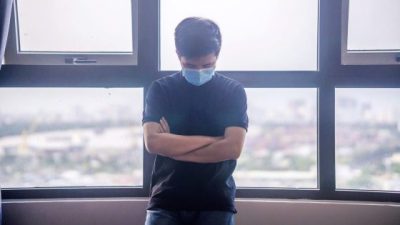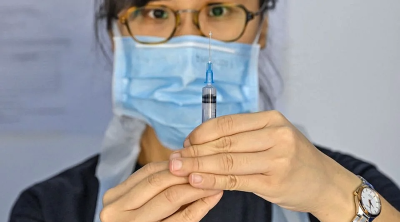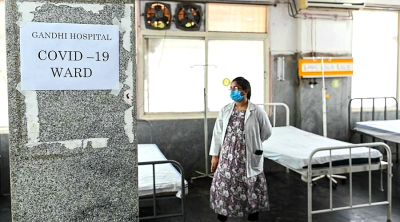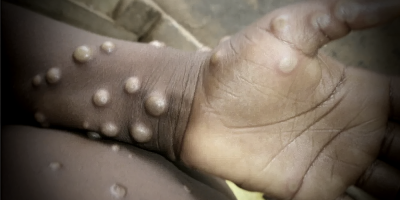While many might still be cautious about unmasking, it is a responsible attitude to protect ourselves and people around us where the risk of virus transmission and infection is still evident.
On Wednesday, health minister Khairy Jamaluddin announced that indoor masking would no longer be mandatory with immediate effect, a further SOP relaxation following the ministry’s decision to lift outdoor mask mandate from May 1.
However, members of the public are still required to put on their masks under three conditions: people testing positive for Covid-19, taking public transport, and visiting medical facilities.
High-risk individuals, in particular the aged and those suffering from chronic illnesses, are encouraged to put on their masks in public at all times.
The relaxation marks a new milestone in the country’s ongoing battle against the coronavirus. Although we still report over a thousand new cases every day, the number of serious illnesses and death has declined drastically. Now that we have entered the endemic phase of the coronavirus, we should learn to live with the virus as our everyday living is gradually restored.
Khairy said the decision to lift indoor mask mandate was made after assessing the scientific data. That said, SOP relaxation doesn’t mean we can freely do what we want, but that the responsibility of battling the virus is now handed back to the people themselves, meaning we will decide for ourselves where and when we should put on our masks. We must be able to make the judgment ourselves.
Meanwhile, businesses can determine whether they want to enforce masking inside their premises, whereas the health ministry encourages the public to continue wearing face masks at crowded places, as masking has been proven effective in minimizing infection risk.
Even since outdoor mask mandate was lifted in May, we can still see that most people have continued to keep their masks on outdoors, and this shows a marked improvement in public health awareness over two years into the pandemic.
Many people used to feel uncomfortable wearing a mask in public while others rarely wash their hands, but after we have got used to such practices, we find that infection risk has indeed been lowered.
Because this awareness has been established in us, not many have removed their masks in public after the minister’s recent announcement.
While many might still be cautious about unmasking, it is a responsible attitude to protect ourselves and people around us where the risk of virus transmission and infection is still evident.
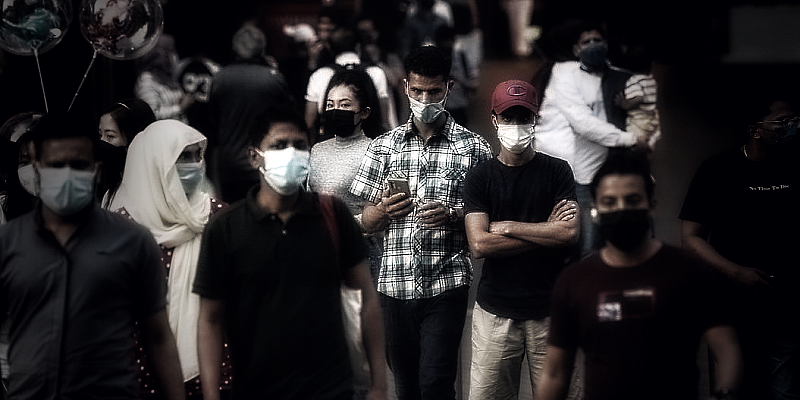
Khairy said the government could reinstate mask mandate if there’s a rebound in the number of new infections.
No one wants to go back to the old days of rigorously enforced SOPs nor see the economy battered once again. We’d rather take the necessary preventive measures than to suffer a heavier impact from an explosion of new infections.
Face mask serves its protective functions, not only to fend off the coronavirus but also the transmission of other diseases.
Nevertheless, if a learning child cannot clearly see the facial expressions or the movements of the mouth of other people, their learning and social development could be hindered. Under such circumstances, should teachers as well as students put on their masks inside the classroom?
While some are of the opinion that it shouldn’t be a problem taking off the mask if good environmental hygiene is practiced at school, others remain skeptical because masking can effectively prevent droplet transmission.
It is essential for the education ministry and relevant authorities to issue a clear directive as soon as possible so that everyone will know what to do.
No doubt putting on face mask has its benefits, but it will also add to the financial burden of families especially with goods prices now going through the roof.
Additionally, used masks will also pose a risk to our environment, as most of them are not reusable or recyclable.
As masking is expected to go on for some time, the government should perhaps encourage the public to use washable cloth masks to minimize pollution while not excessively taxing the low-income families.
Thanks to constant masking, vaccination and high level of public cooperation, we have managed to put the pandemic largely under control.
At this moment, most Malaysians have completed at least three doses of the vaccine and the health ministry has encouraged the public to go for a second booster dose.
Despite the sliding public acceptance to additional booster doses, high-risk individuals suffering from poor immunity, including children, senior citizens and people with comorbidities should go for booster doses.
Khairy has announced that the government will inoculate young children from six months to five years old suffering from comorbid conditions or compromised immunity, and will start providing booster doses for children aged five to 12. It is hoped that parents will offer their full cooperation as it is utterly important to have this specific community vaccinated and boosted.
Even if the coronavirus were to completely vanish one day, we should still put on a mask in public if we happen to feel sick.
ADVERTISEMENT
ADVERTISEMENT






